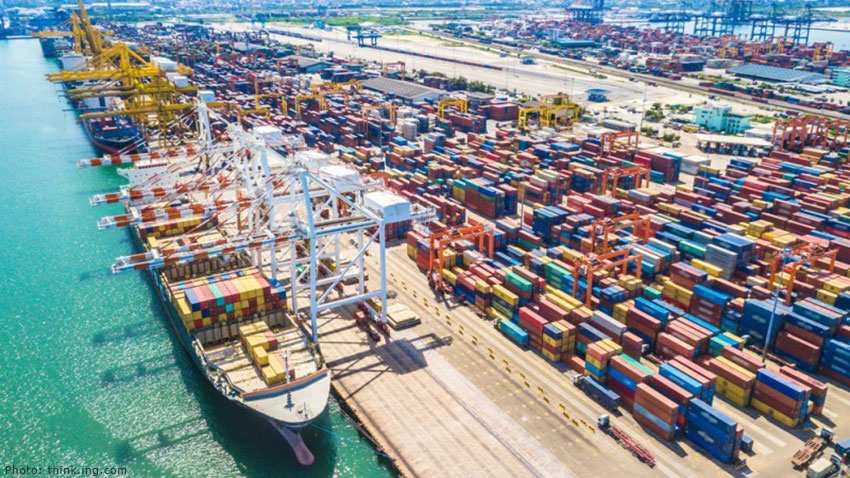ASEAN economies have better chances to lock in resilience and sustainability if they readjust and strengthen their positions in the regional and global value chains (GVCs), the Asian Development Bank said in a report published on 30 March.
Stronger positions in the GVCs would bolster the resilience of Southeast Asian economies in today’s challenges, including future pandemics, geopolitical instability, and climate change, the Asian Development Bank (ADB) said.
The ASEAN region has successfully managed past challenges, thanks to strong exports, sound macroeconomic policies, and strong buffers.
ASEAN fared well in recovering from the Covid pandemic despite the initial effects of the Russian invasion of Ukraine, but this success should not make governments complacent, ADB said.
The pandemic, the Russian war in Ukraine, the growing tensions between the United States and China, and climate risks have exposed weaknesses across the GVC network.
“Business as usual is not an option. Ignoring these risks could upend the region’s GVC participation and reduce the huge benefits it has gleaned from global trade and the resilience it continues to build,” ADB economists said in the report.
To face future global challenges, ASEAN economies need to build stronger resilience in GVC segments while expanding trade, investment, and regional integration.
The region must also create a “critical mass” of workers with new technological skills to work with new technologies, ADB economists noted.
Moreover, economies need to go greener to accelerate trade digitalization and promote climate-smart trade, green transport infrastructure, and carbon pricing.
“The last several years remind us that headwinds and shocks are inevitable. They also show us that by strengthening and exploiting opportunities for greater regional and global integration, we can further deepen ASEAN’s economic resilience and sustainability,” said Ramesh Subramaniam, Director General Southeast Asia Department, at the Asian Development Bank.

